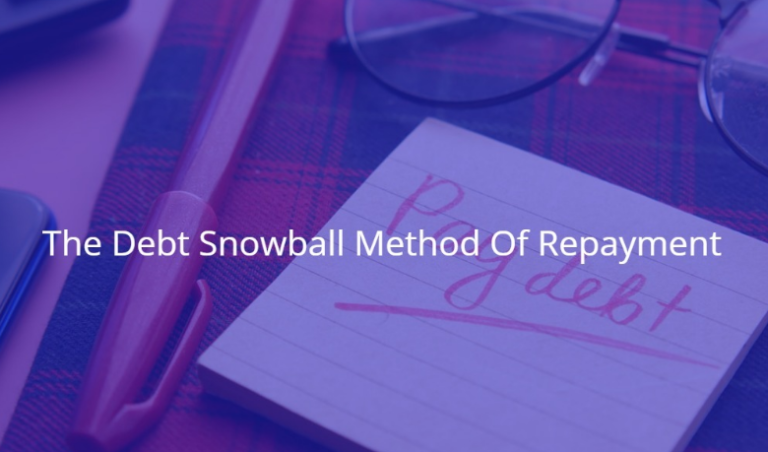Unsecured Consolidation Loans – What Are They & How To Get Them?

In this article, we will look specifically at consumer credit unsecured consolidation loans.
These types of loans usually offer little or no security at all (such as your assets for example a house) that will help reduce the rate and improve your chances for approval.
Because we are looking at unsecured consolidation loans, there is a substantial risk to the lender – they have no security, lien, collateral, or whatever name you want to associate with “recourse” in the event that you default. In other words, all they have is your written promise to repay the loan.
This means high risk which in turn reduces the availability of capital and drives the rates higher.
Often, a consumer credit consolidation loan will come at rates that are higher or not very competitive compared to consumer credit card rates.
But the biggest benefit for many is the simplification of payments (e.g. instead of making 5 payments through the month, you make only one, even though the rates for this simplicity could be higher).
As its name implies, a consumer credit consolidation loan pays out all of the existing consumer debt and brings those debts under the roof of a single lender. As a condition of that debt, the lender will often close the existing consumer credit cards and the borrower will have just one loan and payment to make.
As one of the highest-cost ways to repay debt, the single payment over a 5-year term should ideally require less cash from you than it would cost you to repay those credit cards or debts individually.
This could help with your Debt Servicing Ratio (see Debt Service Method of Repayment to see why this could be important). Again, this is not always the case.
How To Get An Unsecured Consolidation Loan

Applying for this type of loan can be difficult, even at the best of economic times. For lenders, this type of debt means taking on another lender’s potential future problems.
This is the lender’s perception because if the applicant had no trouble paying those consumer debts, then there would not be an application in the first place. That is their mentality, anyway.
So for the lender to approve these types of loans, there has to be some kind of benefit for them.
Your best bet when applying for unsecured credit is to speak with your existing bank or lender where you or your family have an existing relationship.
Not only will your existing bank or lender offer better rates than a high-rate finance company where you have never dealt before, but your lender may be more receptive to approving the credit application if you or your family bring value (what the applicant sees as value and what the lender sees as value are two different things, remember) to the table.
By value, this means a mortgage loan, large cash or investment balances, etc… While a strong relationship will never override the lender’s lending policies, it can certainly help with the adjudication process.
What To Expect To Pay On An Unsecured Consolidation Loan

Since consumer credit consolidation loans are unsecured, their risk factor increases considerably for the lender.
They will use this as the reason for higher-than-prime rates, regardless of the relationships and value you bring to that lender.
In some cases, you can expect to pay more on a consolidation loan than on your credit cards.
From a personal finance perspective, it may seem counter-intuitive to repay debt at a lower rate with a loan at a higher rate.
However, if the objective is to increase cash flow (improve debt service ratio) and/or reduce the stress associated with juggling several debt payments, then the higher costs are merely that – a cost of eliminating the stress or improving cash flow.
Some lenders will require some kind of security, making the loan a partially secured consolidation loan.
This could either reduce the rate or improve an applicant’s chances for approval.
Either way, it is often a poor use of cash/assets because it “ties up” the security. For example, if you pledge your vehicle as security, you may need your lender’s approval before selling or trading in that vehicle.
Some lenders will actually force you to pay out the loan in full before they release their interest, or they will want comparable security to replace it.
Who Should Get A Consumer Credit Consolidation Loan?

As noted above, borrowers who have a high-stress level associated with their outstanding debt or borrowers who want to improve their cash flow will want to consider an unsecured consolidation loan.
Of course, this often means losing the availability of credit since those cards are most often closed so you are not facing the same problems in a few years from now.







Unsecured loans seem risky, but simplifies.
Rates might be higher.
Man, those consolidation loans can be a real bummer. The rates they offer? Not so hot. Id rather stick with my credit card – its got way better deals.
Yeah, tried that consolidation loan thing, but rates were sky-high, not better than my credit card. Stickin with plastic.
Ill check with my bank first for a loan, they know me and my family well.
I got this new loan that wraps up all my debts into one. Now I just pay one lender instead of many. Simplifies things a lot.